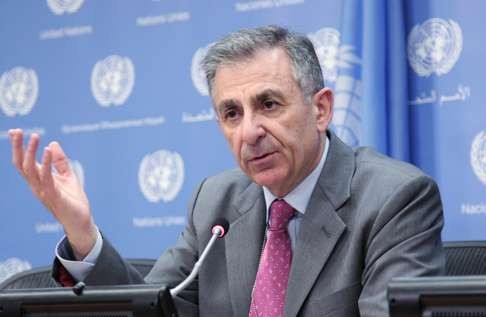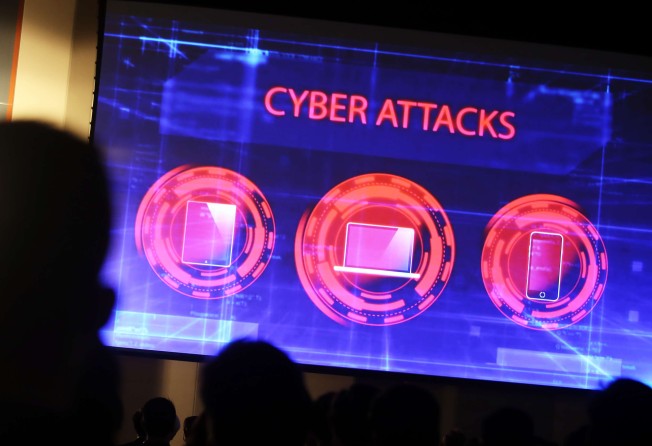
Corporate unease over Beijing’s anti-terrorism law isn’t problem unique to China, says senior UN cybersecurity official
Jean-Paul Laborde tells the Post that greater dialogue between private and public players can help strike that elusive balance between protecting national security and individual freedoms

The controversy surrounding the Chinese government’s requirements that telecoms companies pass over sensitive information under the new anti-terrorism law is a result of insufficient communication between the authorities and the civil sector, according to a senior UN official in charge of cybersecurity cooperation.
Speaking to the South China Morning Post on the sidelines of the Asian Leadership Conference, Jean-Paul Laborde, executive director of the United Nations counterterrorism committee executive directorate, said the unease over Beijing’s requirements was not a problem unique to a single government.
He said there was a need for all countries, including China, to step up surveillance of possible cyberattacks by terrorists. There should be “a lot of dialogues between the civil society and the government in order to have the two understand each other and to find the right balance”, Laborde said.

“The governments in the world are not trained to do that; it is not just China ... everywhere you have this kind of problem.”
He said the solution required balancing the needs of cybersecurity with those of individual freedom. Last December, China passed a revised anti-terrorism law that dropped some controversial language after foreign companies reacted strongly to earlier readings. But even the final version failed to dispel the unease.
Under the new law, telecoms companies and internet service providers must provide “technical interfaces, decryption and other technical support and assistance” to state agencies investigating terrorist activities.
Soon there will be the Winter Olympics ... when they have to encounter all kind of attacks
When asked whether there was an increased risk of terrorist attacks in Asia, Laborde said he saw Hong Kong, mainland China and other Western countries all facing identical threats.
Pointing to the Winter Olympics in 2022, he said Beijing would face the same challenges that other countries did when hosting major events.
“Soon there will be the Winter Olympics. This will be the situation when they have to encounter all kind of attacks, [such as an] attack on the infrastructure.”
He said all countries needed to step up cooperation and technology in countering cyberterrorism.
“We are in the Middle Ages if we compare the technology we use ... [to] what the terrorists can do.”